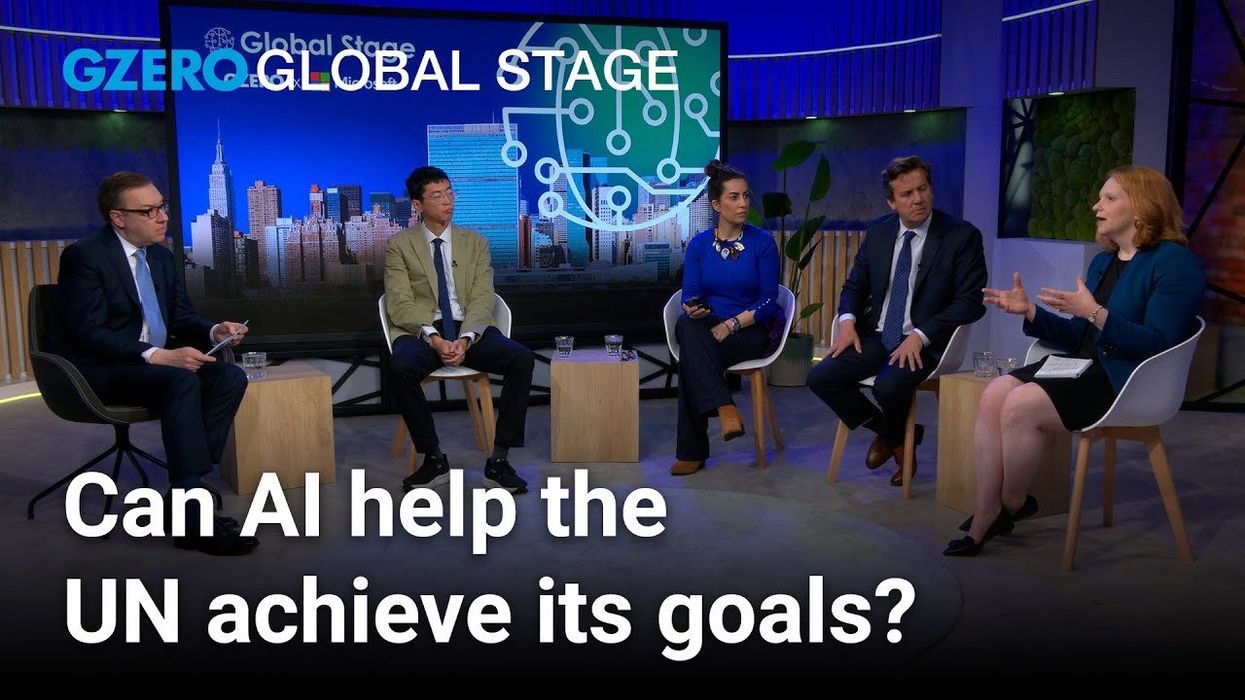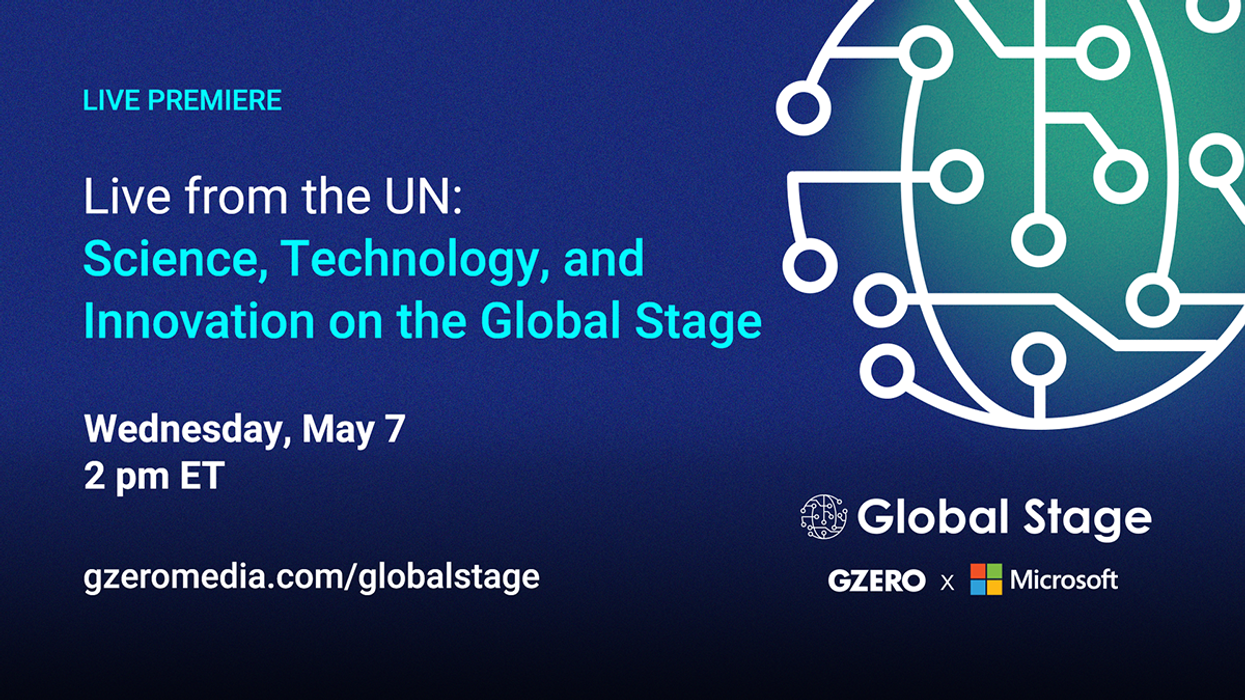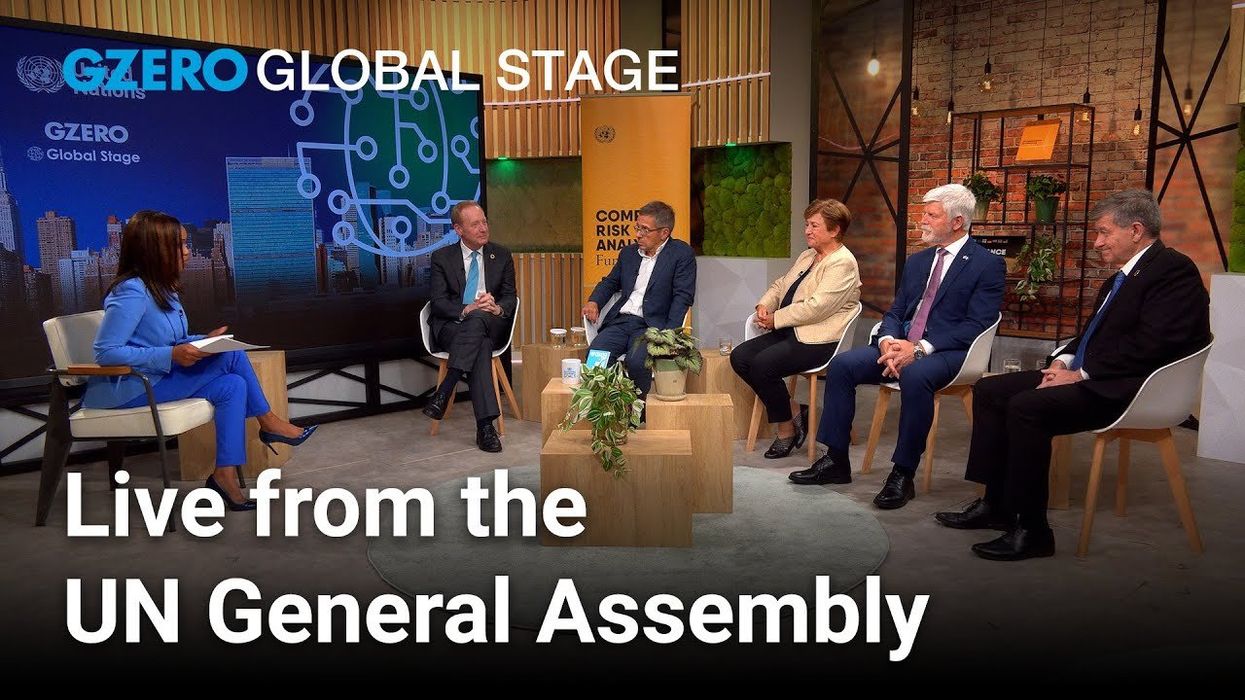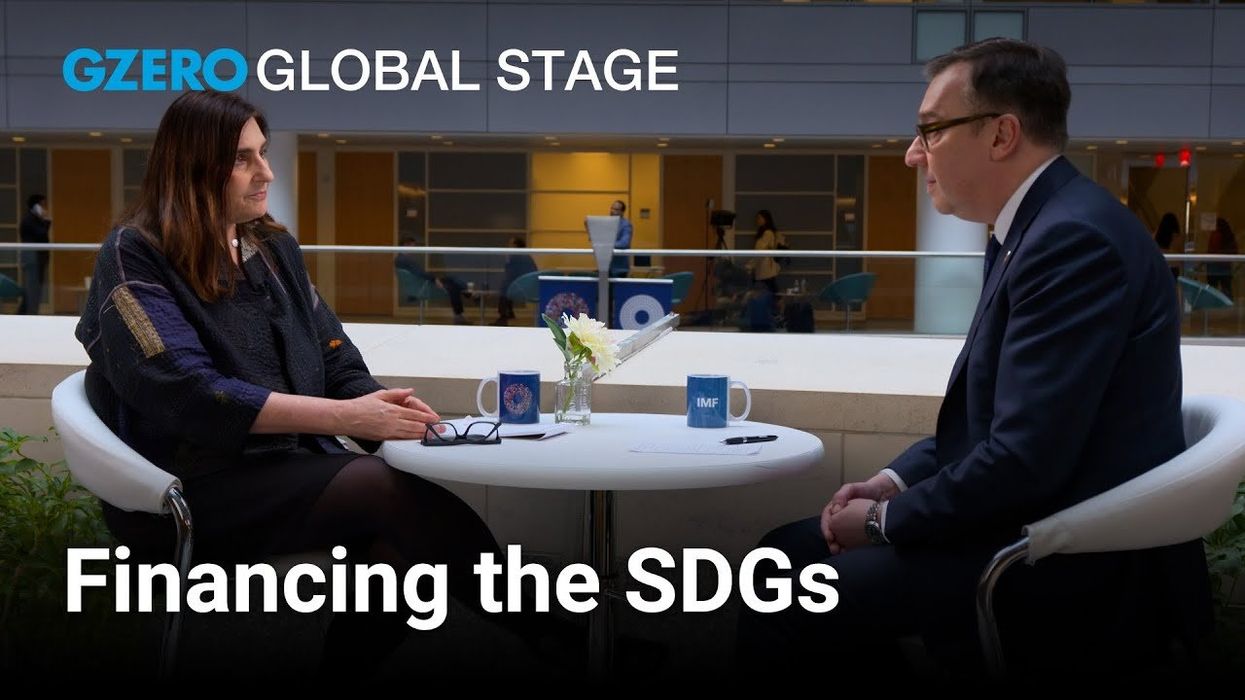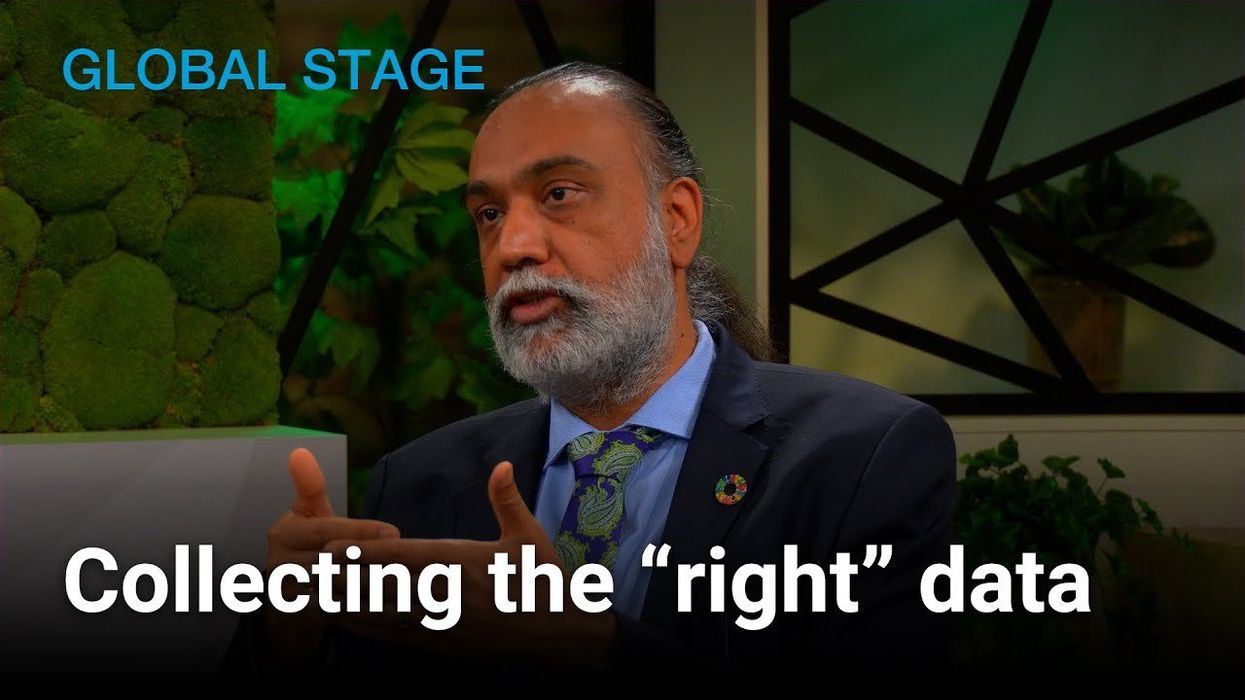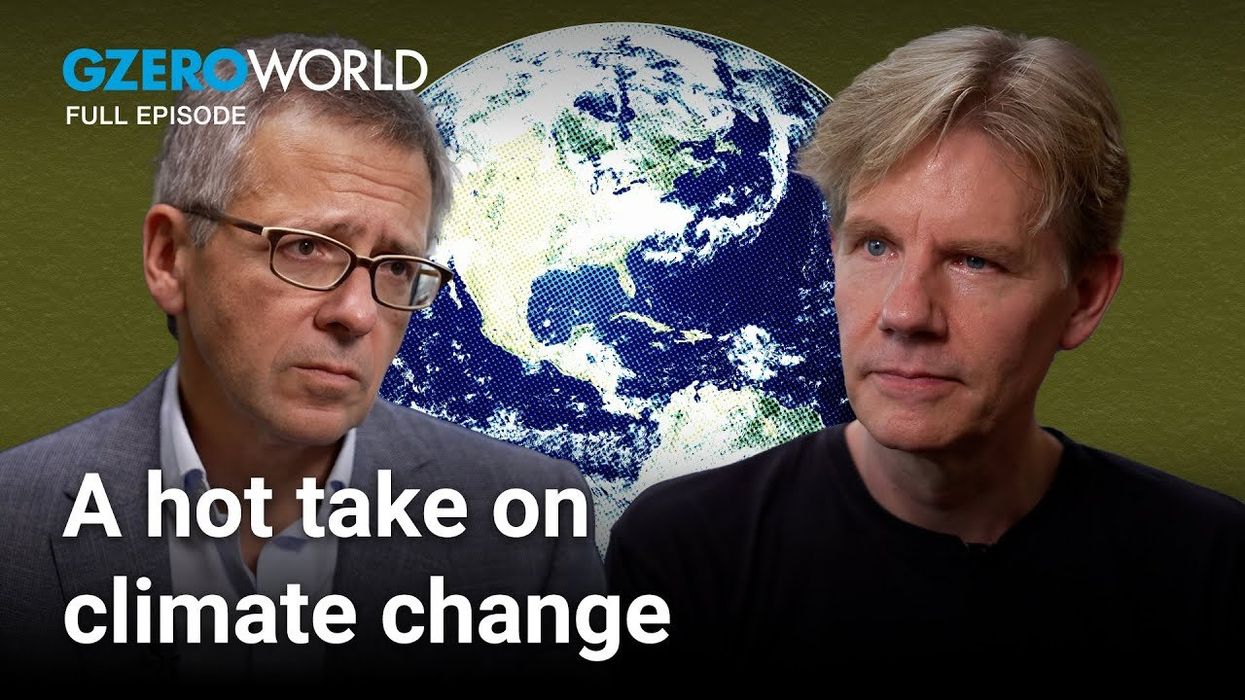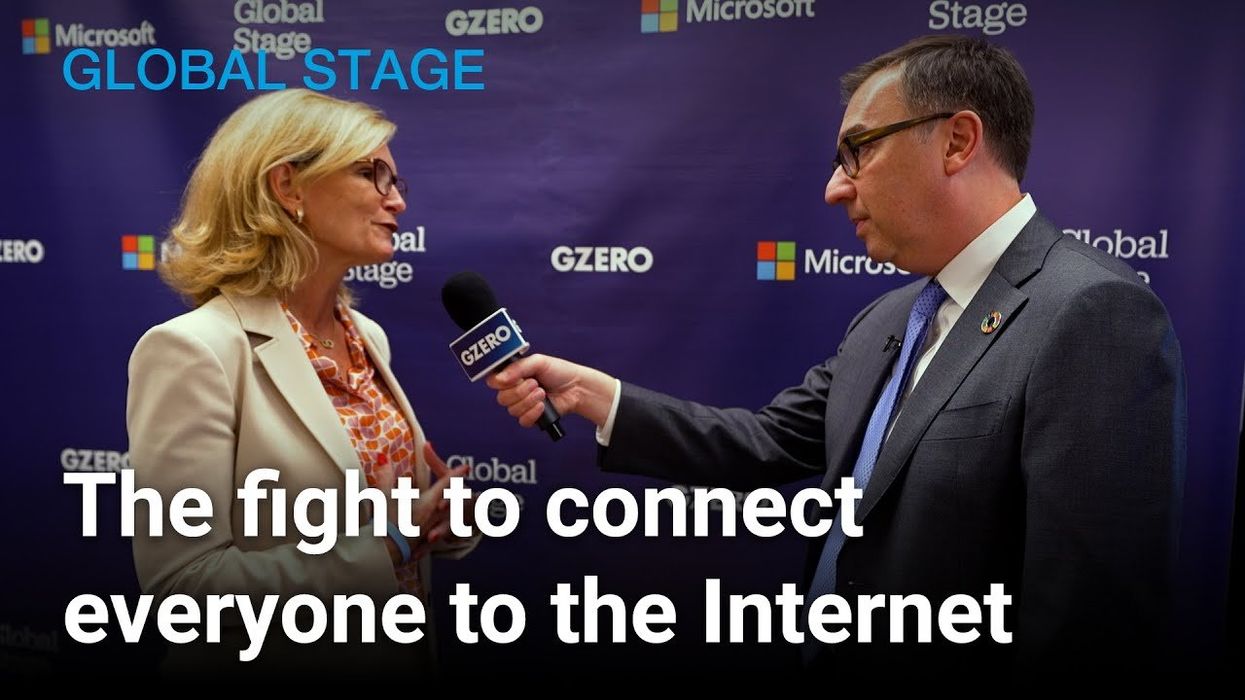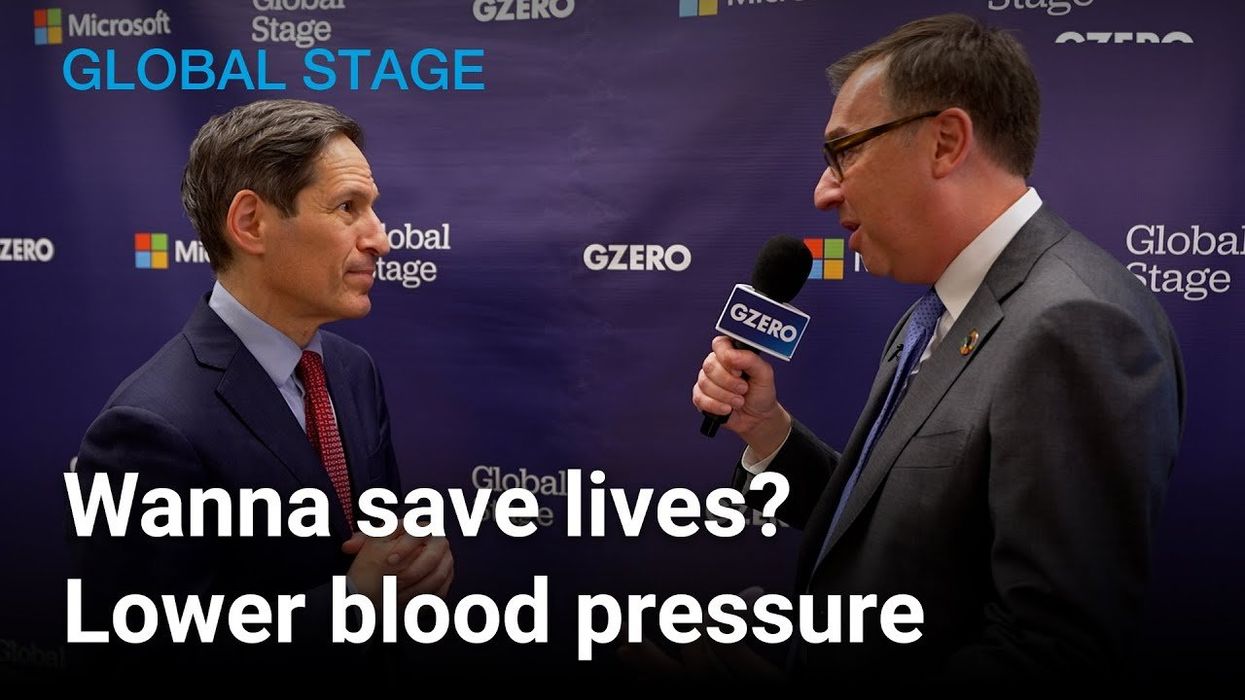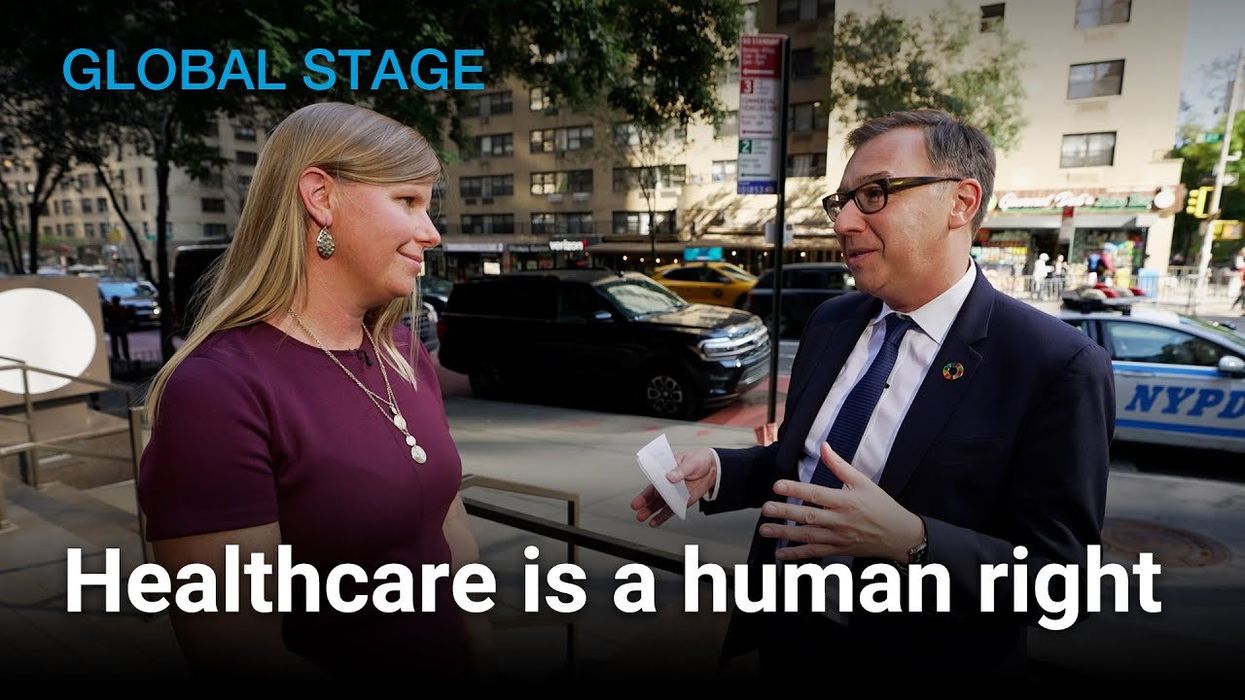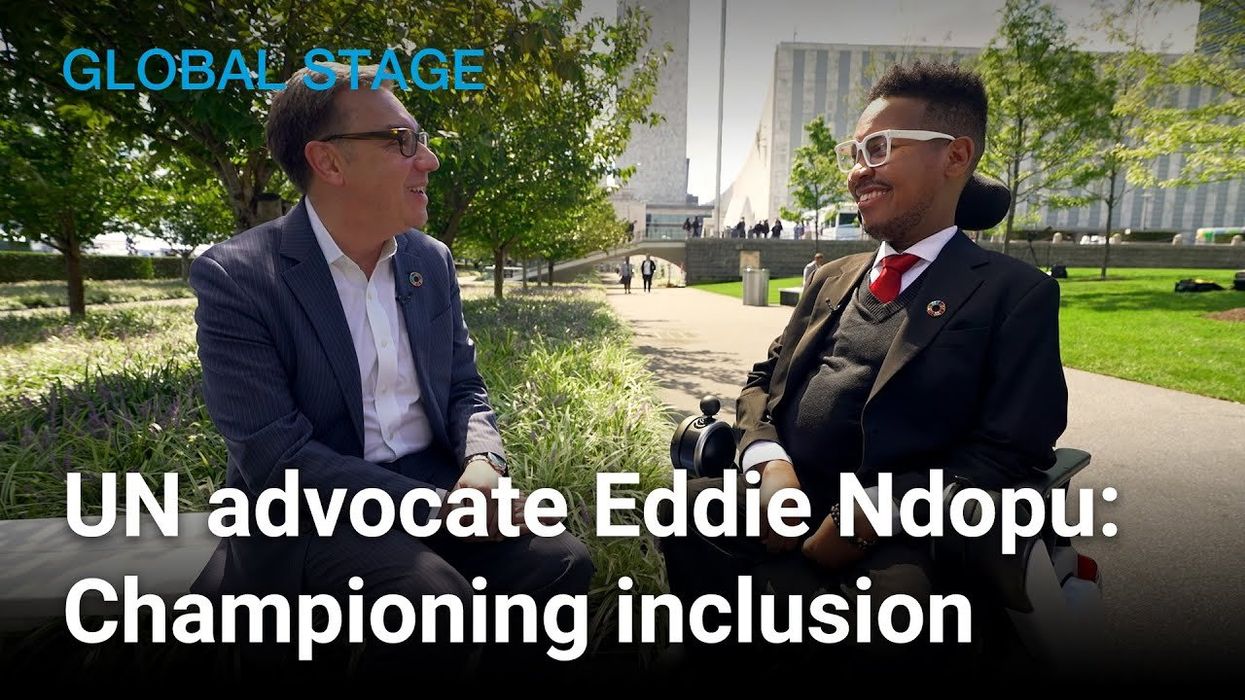UN STI Forum
AI trends in 2025 that drive progress on global goals
As the 10th annual UN Science, Technology, and Innovation Forum gets under way in New York, GZERO Media’s Global Stage series presents a timely conversation about the promise and peril of artificial intelligence in achieving the Sustainable Development Goals.
May 07, 2025
